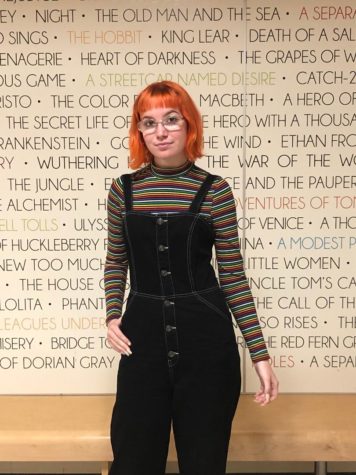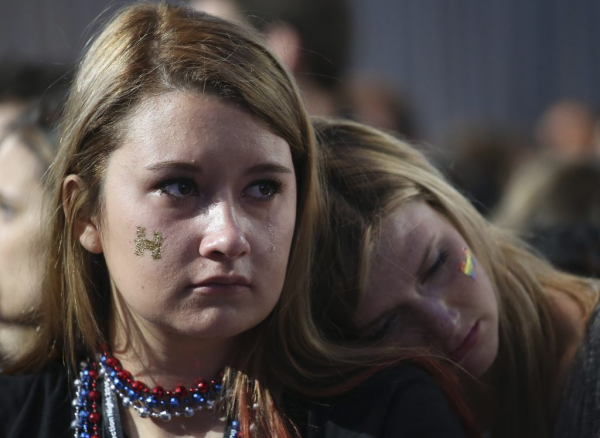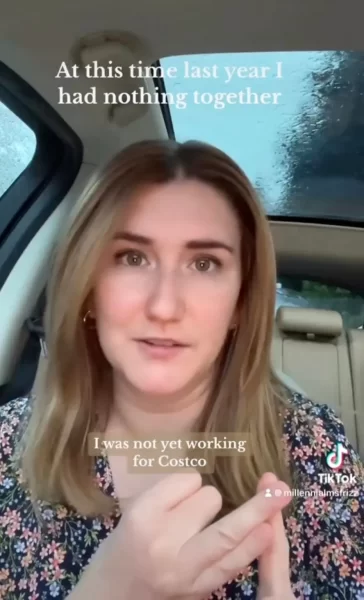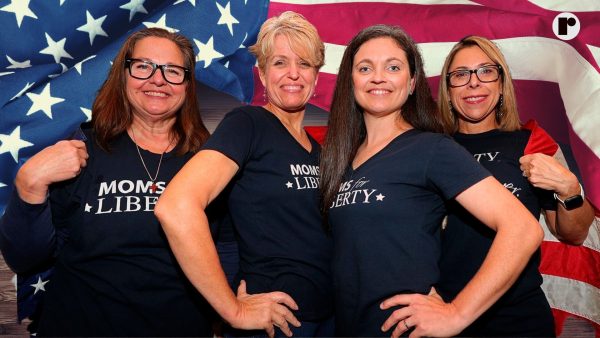#MeToo is a phenomenon
Following the Harvey Weinstein case, a current online trend known as #MeToo, started by actress Alyssa Milano on Twitter, is sweeping the nation as thousands of people are coming forward to discuss the issue of sexual harassment.
The motif of the hashtag is to express sexual harassment as a worldwide problem. However, some argue this could be seen as a trigger, bringing up something victims wish to move on from. In fact, many men and women see it as offensive, even an obligation to tell their story.
However, this was not the intention at all. The true intention of the tag is to address the magnitude of sexual harassment as a real issue and spread awareness about just how many people are affected by it.
Among thousands of strong and motivated people, Katie Packer Beeson, Contributing Editor for Opinion, not only shared a post with the hashtag, but she has come forward to tell her harassment story in an attempt to put an end to the vicious cycle of sexual harassment in the workplace.
“I was 23-years old in my first job at the Michigan-State Capitol. I was bright-eyed and probably a little naive having recently graduated from a strict, religious university. I joined some of my colleagues at a bar where they were having drinks with some state senators. As the evening progressed I found myself sitting next to a senator, someone I knew but didn’t work for. I was turned away talking to someone on the other side of me when I felt the senator’s hand go up my skirt and grab me by the (well, you get the picture). I was stunned. I turned back and he simply withdrew his hand and went on talking to someone across the table.”
This is just one disgusting story among millions, but it gets worse. For the most part, people in our society are taught to hush up on the topic of harassment, as seen later on in Beeson’s story.
“I thought about telling my sister who worked with me. I thought about telling my boss who was another senator. But in the end, like so many other women, I chose to remain silent. Why? Because in that moment, it was all a bit fuzzy. Had I done something to ask for it? Was I flirting and inviting that behavior?”
Why is it a standard for victims of sexual harassment to keep quiet? A likely answer could be that no one is properly taught about the subject itself. Therefore, when/if it does happen, few people really know what to do or where to go.
Adding to that, women are taught that they are in control of a man’s urges instead of men themselves, which causes many women to feel guilt and shame.
Lastly, many men and women are met with doubt when trying to come forward with their stories, as if dealing with the harassment itself isn’t stressful enough already. This may also be a reason why people choose to stay quiet, as they do not want to be ridiculed for something they cannot change.
This is the exact problem Milano hopes to solve with #Me Too. It offers victims the choice to stand up for their beliefs while informing others on the struggle of people (mainly women and young girls) in our society.

I am in the 12th grade. I took journalism as a way to improve my writing skills and keep up with the news. In the future I want to major in engineering...








